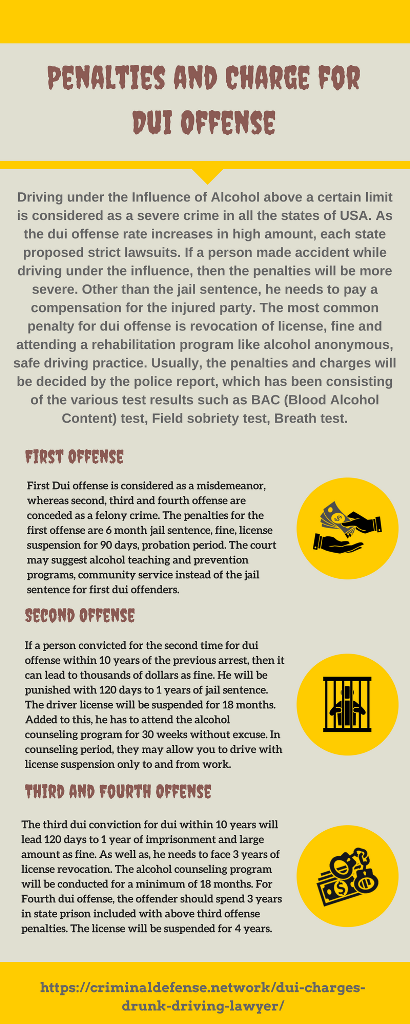Family Law Mediation Vs. Lawsuits: Which One Should You Choose?
Family Law Mediation Vs. Lawsuits: Which One Should You Choose?
Blog Article
Post Author-Short Patton
When you're faced with household regulation issues, choosing between arbitration and litigation can be difficult. Each option has its own advantages and disadvantages, and the appropriate option often rests on your particular circumstances. Mediation advertises collaboration, while lawsuits provides a much more structured method. Yet which approach aligns ideal with your family's requirements? Understanding the subtleties of each can aid you navigate this essential choice. Allow's discover the details additionally.
Comprehending Family Law Mediation
When you face family members conflicts, understanding family legislation arbitration can make a substantial distinction in how you settle disputes.
Arbitration offers a collaborative method, allowing you to collaborate with a neutral 3rd party to reach a contract. Unlike lawsuits, which can be adversarial and costly, arbitration encourages open interaction and helps you preserve control over the outcome.
https://www.enterprise-tocsin.com/state/grand-jury-has-not-failed-indict-ole-miss-graduate-charged-murder-legal-filing-claims-633f50d4d3ec4 'll discover it less formal and a lot more flexible, allowing you to customize solutions that fit your family members's distinct demands. And also, arbitration frequently causes quicker resolutions, decreasing emotional stress and anxiety for every person entailed.
Checking Out Family Legislation Litigation
While arbitration emphasizes cooperation, family members legislation lawsuits takes a much more adversarial approach, typically bring about lengthy court battles.
In litigation, you'll offer your instance before a judge, who makes binding choices on problems like kid protection, support, and building department. https://squareblogs.net/rhett26bobby/the-ten-major-blunders-people-make-in-separation-and-exactly-how-your can be stressful and psychologically draining pipes, as it frequently involves considerable prep work and legal representation.
You'll collect evidence, prepare witness testaments, and navigate intricate legal procedures. The unpredictability of court results can contribute to your anxiety.
Additionally, lawsuits can substantially raise your costs, with costs accumulating from attorney charges and court charges. If you select this route, be planned for a possibly lengthy timeline, as court timetables can postpone resolutions for months or perhaps years.
Evaluating the Benefits And Drawbacks of Each Strategy
Picking in between household law arbitration and litigation needs mindful factor to consider of their respective advantages and disadvantages.
Mediation uses a collaborative environment, where you can reach agreements that suit both celebrations, frequently saving money and time. It's commonly much less adversarial, which can help preserve connections, particularly if kids are involved. Nevertheless, it might not appropriate if there's a substantial power inequality or if one celebration rejects to cooperate.
On the other hand, litigation supplies an organized setting with a definitive resolution with a court's ruling. It serves for complex lawful problems however can be lengthy and expensive. The adversarial nature frequently escalates stress, making future communications harder.
Ultimately, your option ought to line up with your details situation and goals.
Verdict
In choosing between household regulation mediation and lawsuits, think of your family's certain needs. If you value open communication and flexibility, arbitration may be your best bet. However, if your situation includes complex issues or considerable power inequalities, litigation could give the needed framework. Ultimately, consider the pros and cons of each strategy carefully, and select the path that feels right for you and your family's one-of-a-kind characteristics. Your satisfaction matters most.
